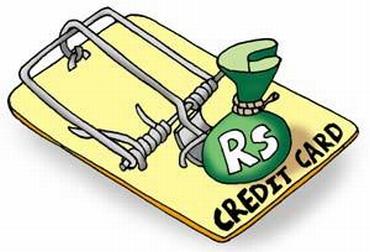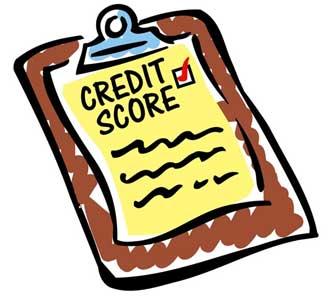Photographs: Rediff Archives
If you're considering settlement as a solution to end your debt problems, take a step back and consider the risks associated with such settlements. Be wary of settlements, this can impact your CIBIL score.
Have you gone overboard on your credit card dues and do not know how to get out of the whirlwind of mounting debt? Very often, banks offer settlement of debt to their customers in an attempt to relieve them from their overdues.
Settlement promises to trim your debt by indulging in a negotiation with your creditor.
The process is simple -- the creditor/bank offers the customer to pay a lumpsum amount, which is usually a portion of the total debt. Thereafter, the bank closes the credit card or loan account.
While this is an immediate reprieve to your problems, beware: This is just a transient one!
The author is a credit expert with 10 years of experience in personal finance and consumer banking industry and another 7 years in credit bureau sector. Rajiv was instrumental in setting up India's first credit bureau, Credit Information Bureau (India) Limited (CIBIL). He has also worked with Citibank, Canara Bank, HDFC Bank, IDBI Bank and Experian in various capacities.
Going for credit card debt settlement? Beware!
Photographs: Rediff Archives
What's so murky about debt settlement?
If you're considering settlement as a solution to end your debt problems, take a step back and consider the risks associated with such settlements.
On the surface, debt settlement may not sound so bad. After all, it is better than not paying your dues at all. However, your "settled" status will surely impact your credit score negatively.
How bad, you may ask? That depends on your existing score although it is hard to predict how many credit score points will be shaved.
Going for credit card debt settlement? Beware!
Photographs: Rediff Archives
How does debt settlement work?
Usually, banks begin the settlement procedure once the customer starts defaulting on her/his monthly payments for at least six months.
Meanwhile, the delinquency is reported to the credit bureau (CIBIL) by the bank every month. Therefore, missing monthly payments itself invites a low credit score.
The longer the default continues, further the score is likely to drop.
Finally, on completion of six months of non-payment of dues, banks initiate a settlement procedure where in both parties negotiate to make a payment, which is at a discount to the total debt.
The bank/creditor has to take a 'haircut' as it is known in financial parlance.
Going for credit card debt settlement? Beware!
Photographs: Rediff Archives
Once you reach a negotiated settlement, the bank will report to CIBIL that the account has be 'settled' or 'written off'. Once such a comment is reported, it would imply that you have not been able to pay your past dues.
This will pull down your credit score, which in turn, will affect your chances of future loan approvals. This status will remain so for the next seven years.
On concluding lines, if you have negotiated a loan settlement on any of your credit card dues, check where your credit score stands. If it is low, you are sure to face issues in getting any kind of loan in future.
The best way out to repair your score is to pay off the entire amount due. It may not improve your score instantly, but gradually over the next 12-24 months, make sure to maintain a good track record of payment of EMIs and that will help strengthen your score.






Comment
article